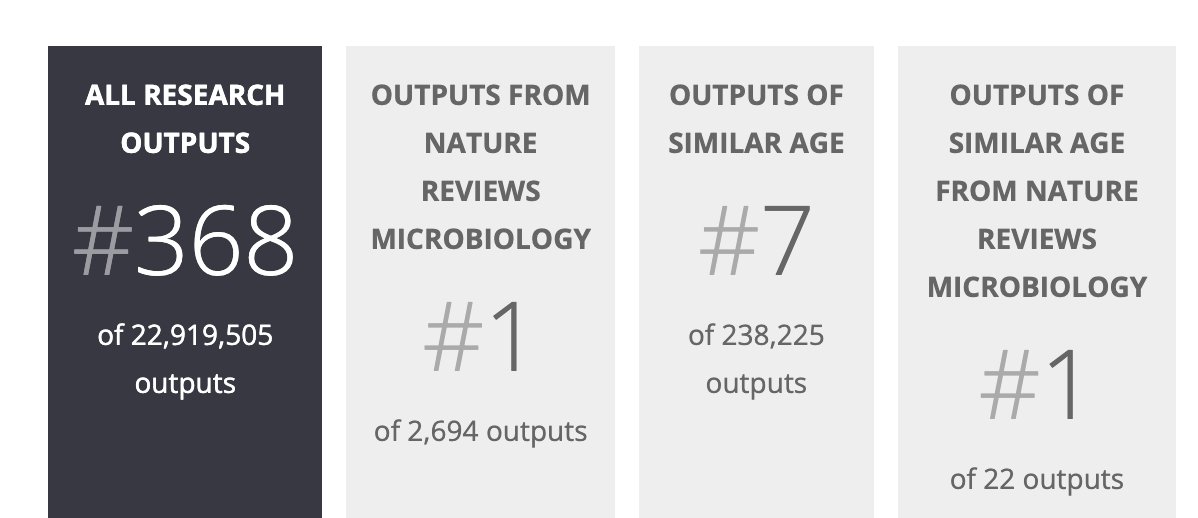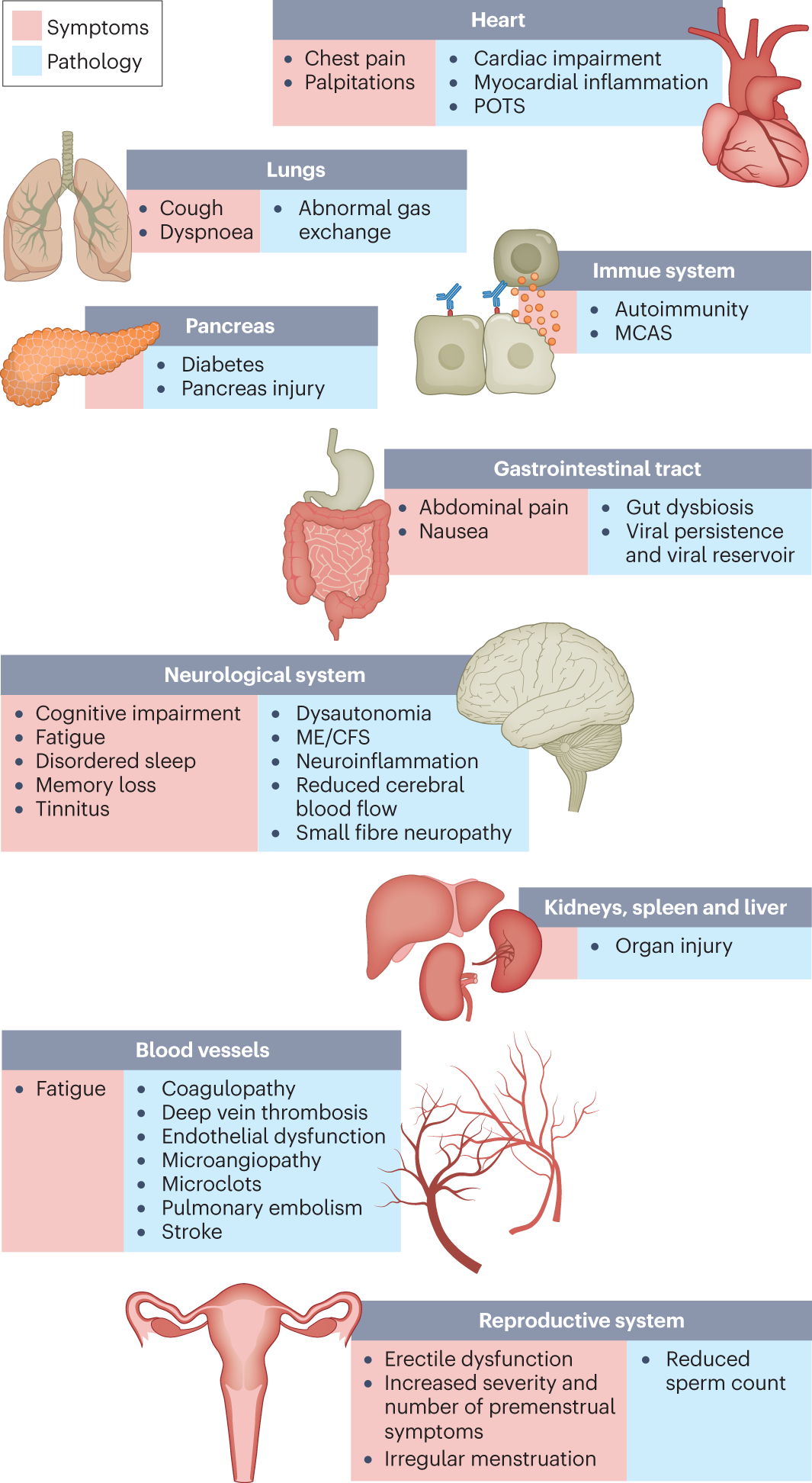A doctor from the Norwegian Institute for Public Health (FHI) recently said in a
podcast that the institute is sceptical to this Nature review because it lacks a description of the methodology of how one has arrived to the results in the studies described. He said it's difficult to understand why the authors have chosen to present the studies in the way that's been done. The overviews FHI write are systematic with descriptions of the methodology and the approach of how they find and summarise studies. This makes it possible to use the same methodology to check whether you get the same answers, and this is not possible through the Nature article.
So it seems they therefore choose not to take the Nature review into account at all. This is btw the same institute that is behind the Cochrane review on GET and ME. Also the same institute from where Flottorp has said that if people are not informed of Long Covid, they will not expect to get Long Covid and therefore won't get Long Covid.


